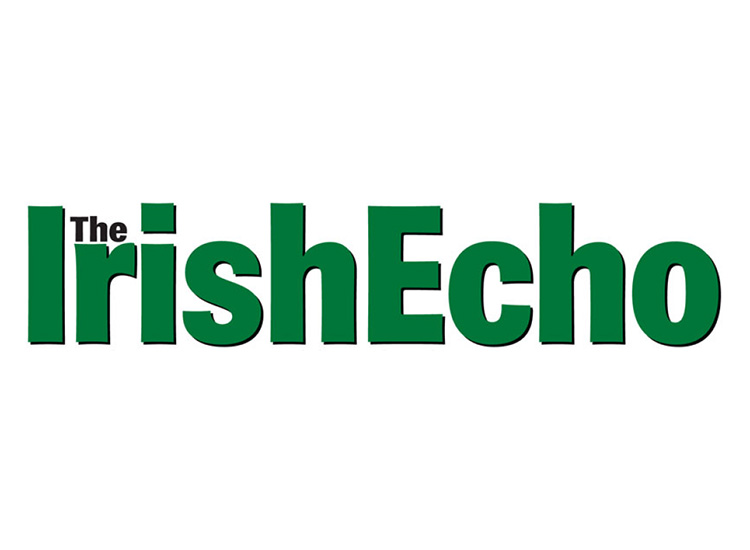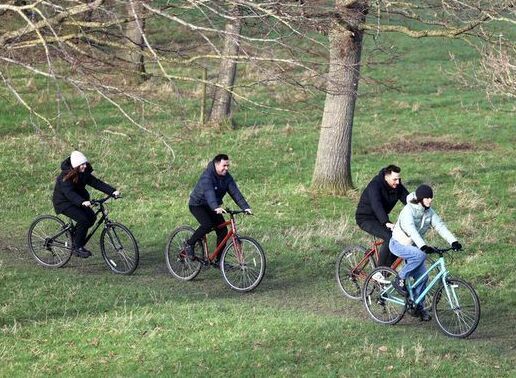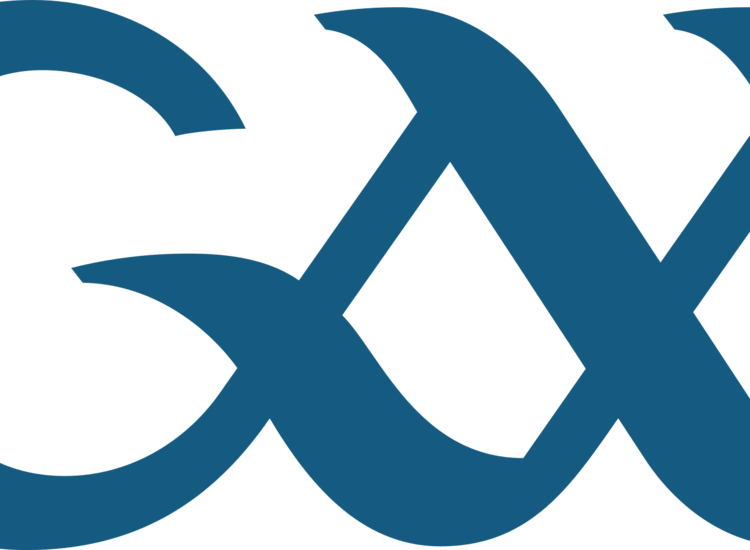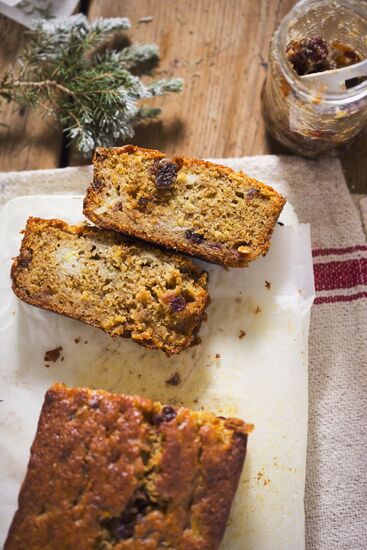Conor Purcell is the author of “The Magazine Blueprint: The Ultimate Guide to Indie Publishing.”
Page Turner / Edited by Peter McDermott
In the 2002 documentary “Comedian,” a young standup bemoans his lot, at least as he compares it with that of his friends working in finance. Jerry Seinfeld, the subject of the film, upbraids the young man with the question: “Is there something else you would rather be doing?”
Conor Purcell cites that line in the book he’s written about his own passion and profession.
“If you can imagine a life that does not involve publishing a magazine, then you are better off saving yourself the trouble. If, however, you can’t imagine doing anything else, then welcome aboard!” he says. “There are few things more satisfying than ripping open a box of your magazines, fresh from the printer; smelling the paper, and holding the product you made in your hands. Even better is wandering into a shop or café and seeing your magazine on sale, or watching as someone picks up a copy and buys it.”
Purcell told the Echo: “‘The Magazine Blueprint’ is a book about independent magazine publishing and how to set up and run a magazine. It features interviews with more than 50 magazine makers from around the world and focuses on everything from coming up with a concept and figuring out who your audience is to distribution, marketing and copy sales. I met editors, designers and publishers in New York, London, Dublin and Dubai and got some great insights into the modern publishing business.”
For Purcell, passion for the format is best accompanied by passion for the subject matter, otherwise, he writes, “you will give up or produce a bad magazine, or produce a bad magazine and then give up.”
He quotes Henry Luce, the founder of Time, Life and Fortune magazines: “You have to have a mission when you’re publishing, otherwise you have nothing.”
Sometimes the mission grows out of dissatisfaction with what’s out there. Fifty years ago Clay Felker, a former writer with both Time and Life, founded New York magazine because the New Yorker bored him. Purcell himself started his magazine We Are Here because of his “visceral dislike” of the existing travel magazine genre. When he moved home after working in the Middle East, it morphed into We Are Dublin. The latter’s mission statement describes it as “lo-fi and high end – a long-form postcard from the city every three months” and its readers as “educated, well-traveled and bored with the current local magazine offerings.”
The mission statement adds that those readers are “cultural leaders and are passionate about the things they love. They are early adapters and ‘sharers’ – they will tell their social group about things they love – both in person and online, and they are listened to by their peer group.”
Luce and Felker belong to the ages, but is a golden age of independent magazine publishing ahead of us? The author of this “hands-on, useable guide to dreaming up, creating, and promoting an independent magazine” allows for the possibility that the digital world will tighten its grip further. However, evidence can be found for a more optimistic prognosis.
“It may seem strange to be talking about print in 2018, but more and more people are embracing the tactile nature of magazines again,” Purcell writes. “Part of this is down to the ever-expanding world of digital: almost everyone has a smartphone, everyone reads articles online, and the omnipresent screen is now more of a necessity than a pleasure. Just as photography didn’t kill painting and TV didn’t kill radio, the advent of the internet has not killed print. The very best magazines are objects to be held, read, and shared.”

Conor Purcell
Date of birth: Aug. 31, 1978
Place of birth: Dublin
Residence: Dublin
Published works: “The Dubai 50” (writer, designer); “At Swim” (designer, publisher); “The Magazine Blueprint” (writer, designer, publisher).
What is your writing routine? Are there ideal conditions?
I work from home, but find it often helps to bring my laptop to a café and work from there. It prevents cabin fever and focuses the mind. Have worked before from a cottage in West Cork with no Wifi or phone signal, which was great for concentration.
What advice do you have for aspiring writers?
Write. Write every day even when you don’t feel like it. It’s easier said than done, but like most things in life, success, if it comes, is a result of discipline rather than talent. It’s also worth looking at writers you enjoy and trying to figure out what they do that’s so compelling. But nothing beats actually writing.
What book are you currently reading?
“The Nachman Stories” by Leonard Michaels. A collection of short stories by an American writer I had never heard of before. They are very good.
Is there a book you wish you had written?
So many! Anything by James Salter – he’s a great writer and makes it look effortless.
If you could meet one author, living or dead, who would it be?
Again, so many to choose from. Always wanted to meet Edward Said. Him, or possibly Patrick De Witt. Have loved everything he has written.
What is your favorite spot in Ireland?
My mother is from Killaloe, Co. Clare, and my grandfather still lives there. It’s a beautiful place and has a lot of good memories.








